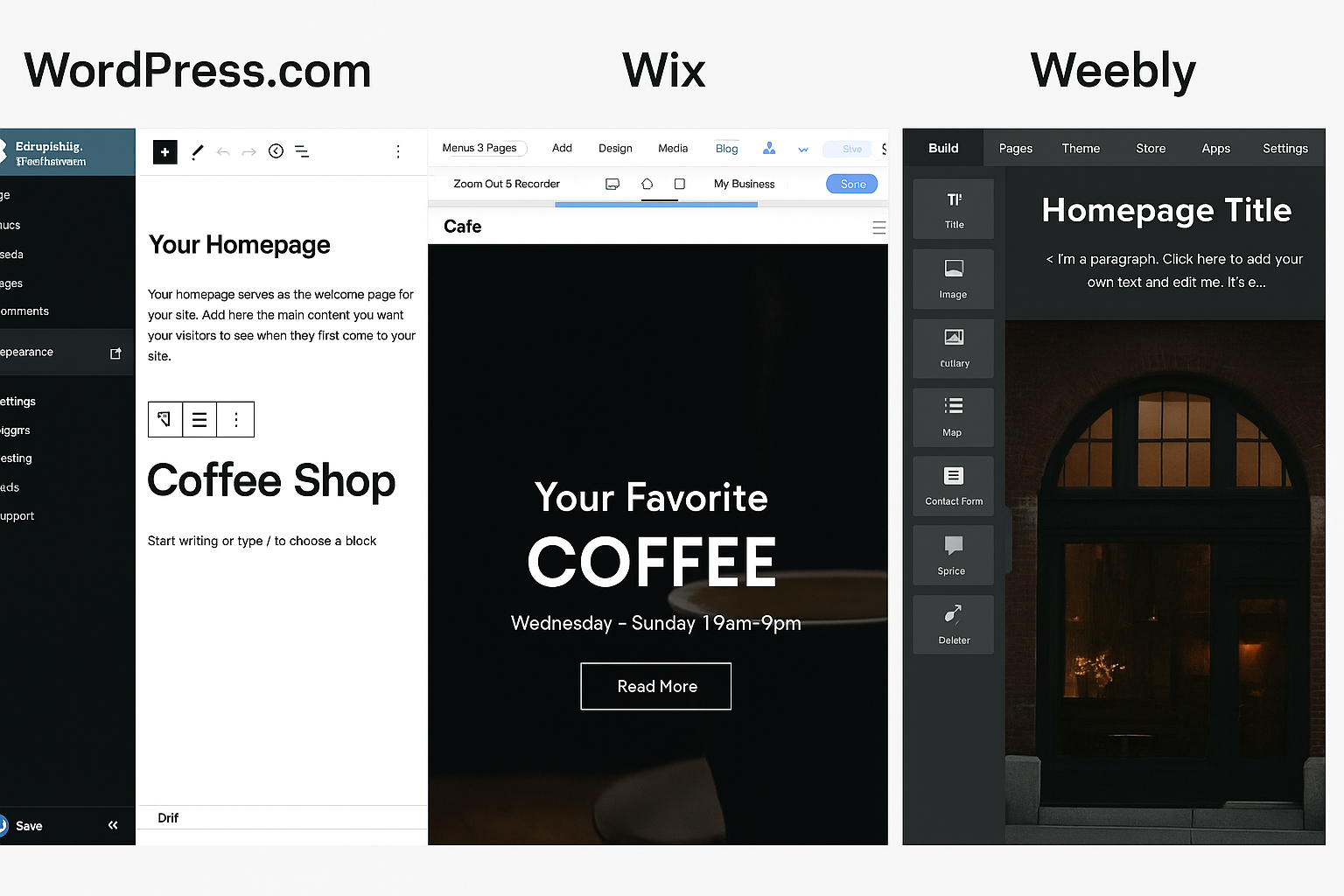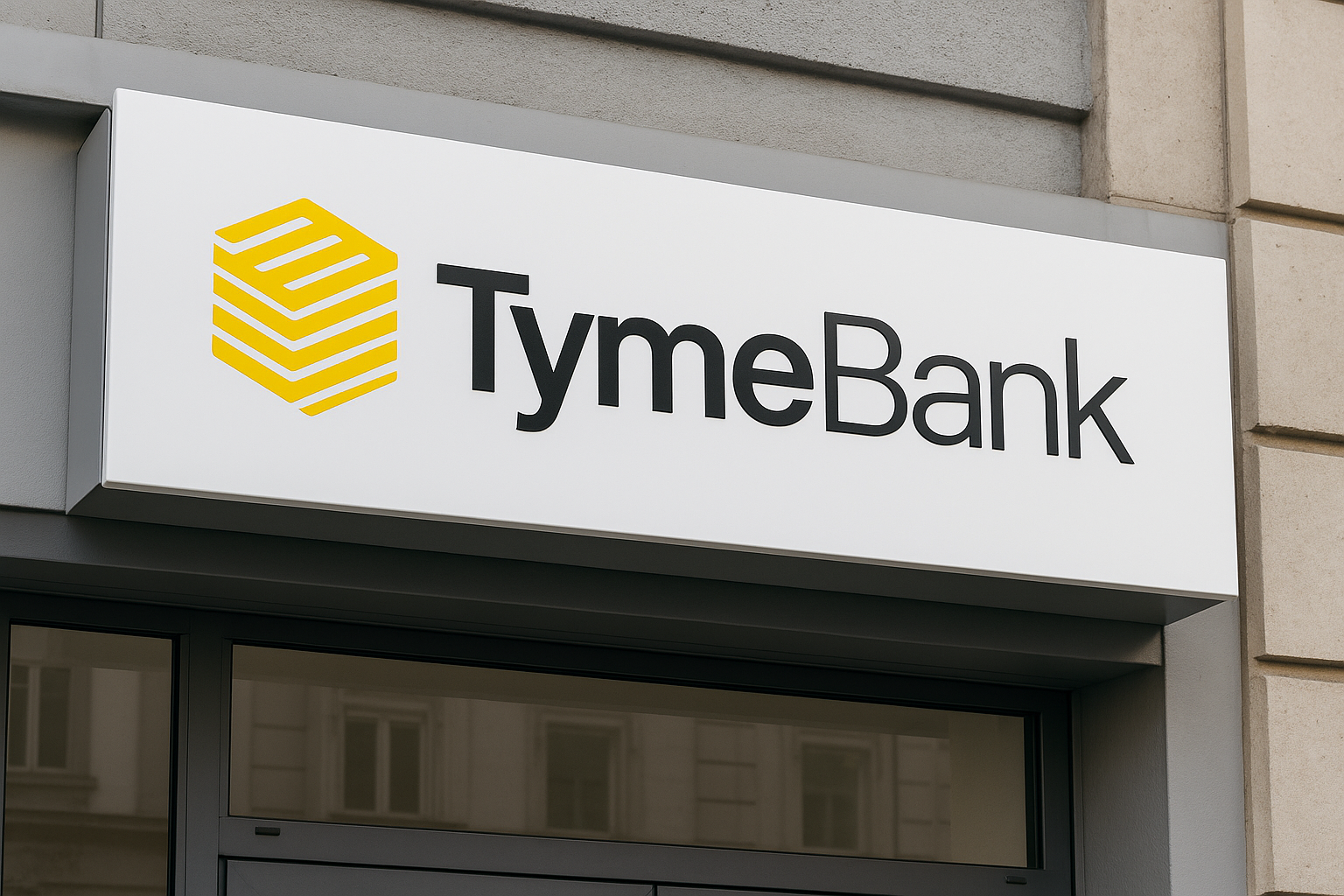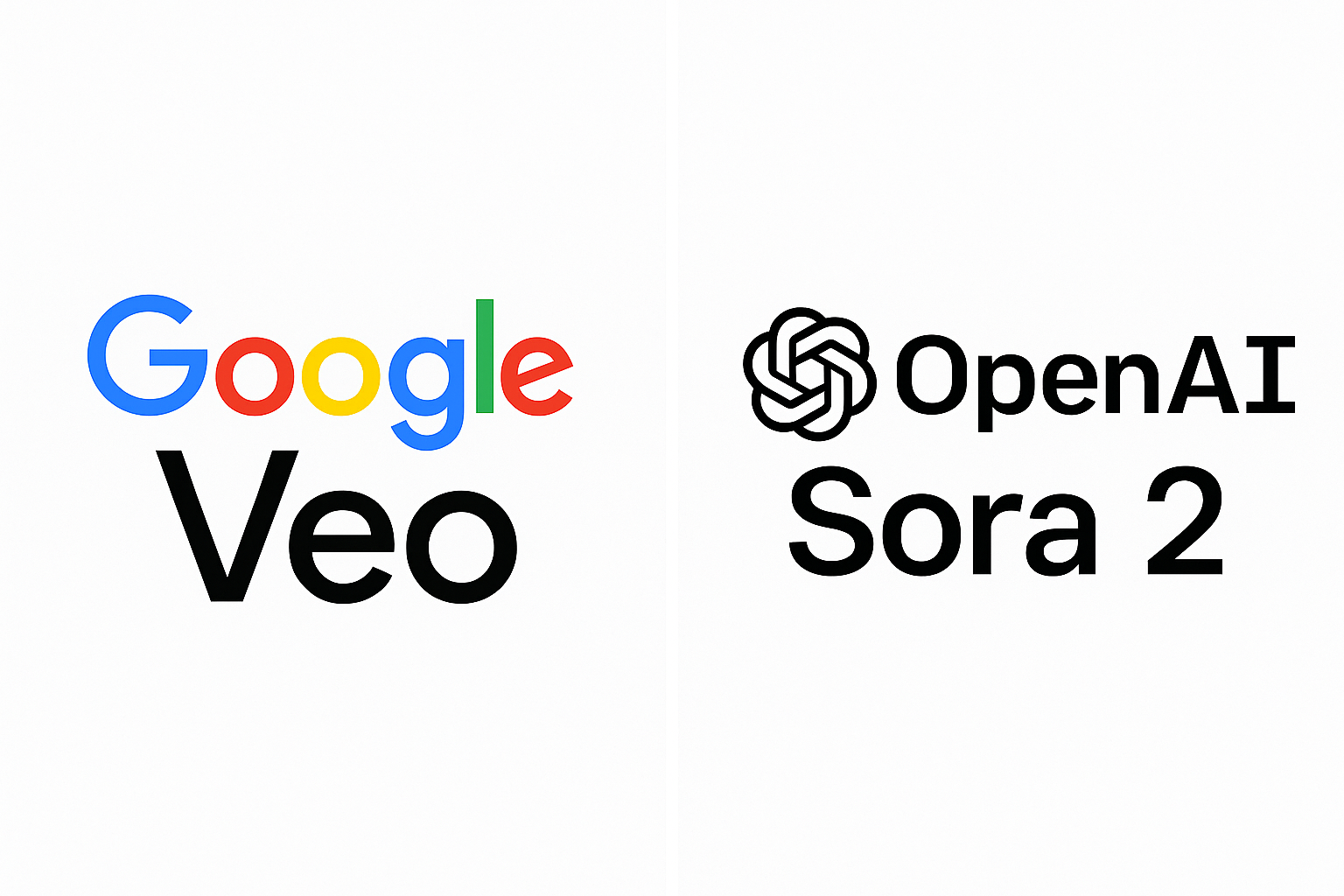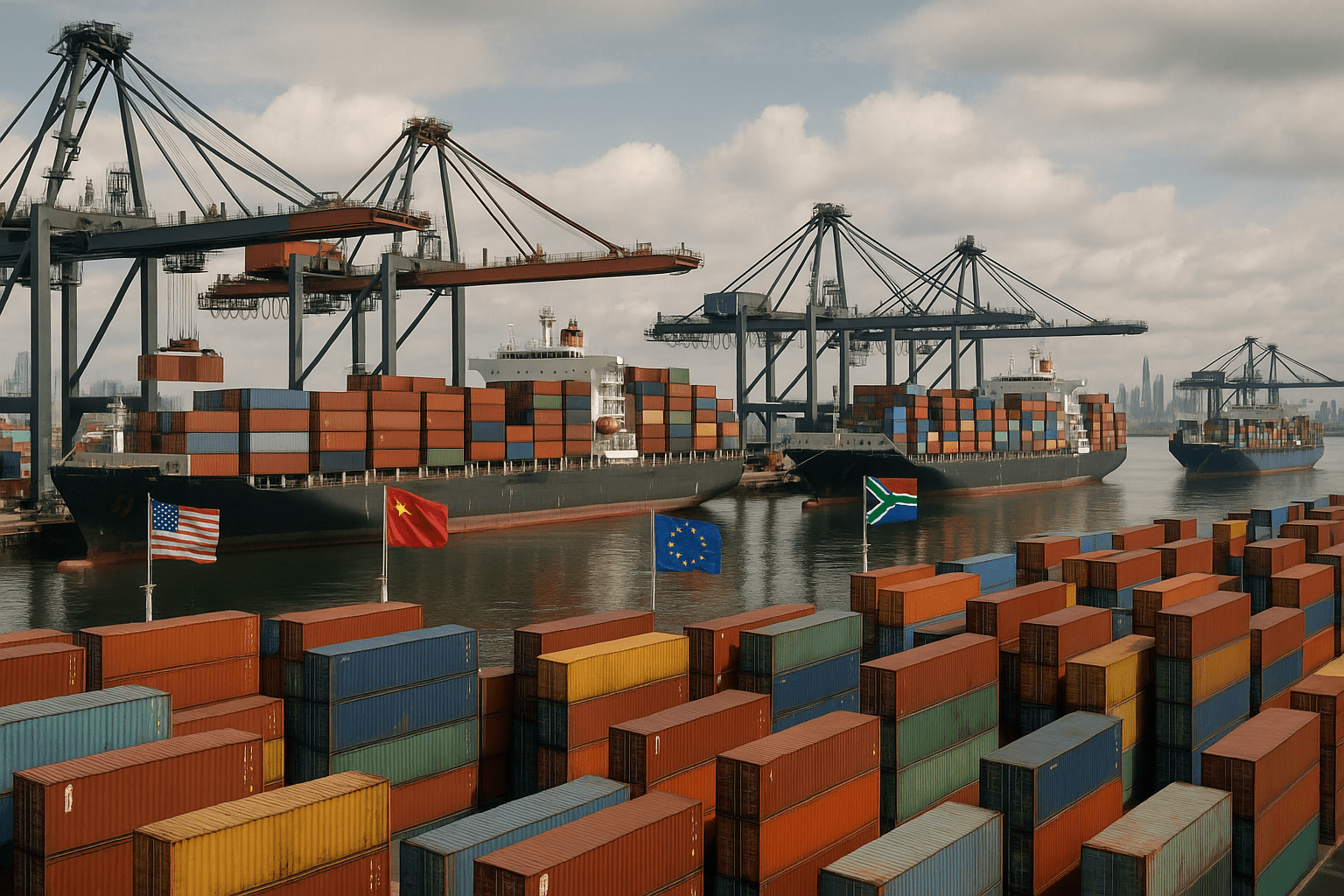Build Your First Website Free (No Coding) -Guide 2025

Build Your First Website Free (No Coding)
Building a website for free without coding skills has never been easier for South African entrepreneurs and small business owners. With over 3 million SMMEs operating across the country, establishing an online presence is crucial for business growth and reaching new customers.
The digital landscape in South Africa presents unique opportunities. Small businesses are expected to further expand their digital presence in 2024, with an even greater focus on e-commerce than before. Whether you’re a Cape Town consultant, Johannesburg retailer, or Durban service provider, creating a professional website without technical expertise is entirely achievable.
This comprehensive guide will walk you through the entire process of building your first website for free, using drag-and-drop tools specifically suited for South African business needs. No programming knowledge required – just your vision and about 30 minutes of your time.
Choose the Right Free Website Builder for Your SA Business
Top Free Website Builders for South African Entrepreneurs
WordPress.com remains the most popular choice for South African businesses, offering robust customization options and excellent SEO capabilities. The free plan includes 3GB storage and a wordpress.com subdomain, perfect for testing your online presence.
Wix provides intuitive drag-and-drop functionality with over 800 templates. Their free plan includes 500MB storage and Wix branding, making it ideal for creative professionals and small retail businesses.
Weebly (now part of Square) offers seamless e-commerce integration, crucial for South African retailers looking to tap into the growing online market. The free plan supports basic online stores with up to 10 products.
Key Features to Consider
When selecting a website builder, prioritize mobile responsiveness – mobile internet usage dominates South Africa’s digital landscape. Ensure your chosen platform offers mobile-optimized templates, built-in SEO tools, social media integration, basic analytics, and SSL security certificates. These features form the foundation of a successful South African business website.
Set Up Your Free Website Domain and Hosting
Understanding Domain Options
Most free website builders provide subdomains (yourname.wix.com or yourname.wordpress.com) at no cost. While these work perfectly for starting out, consider upgrading to a custom .co.za domain once your business grows – it builds trust with South African customers.
Free Hosting Considerations
Free hosting typically includes limited storage ranging from 500MB to 3GB, basic bandwidth suitable for small businesses, standard uptime guarantees, and community support forums. Remember that free plans often display the provider’s advertisements on your site. This is acceptable for personal projects but consider paid plans starting around R50-150 monthly for professional business use.
Design Your Website Without Coding Skills
Template Selection Strategy
Choose templates that reflect your industry and target audience. South African businesses often benefit from clean, professional designs that load quickly on slower internet connections. Popular categories include business services and consulting, retail and e-commerce, creative portfolios, and restaurant and hospitality.
Customization Best Practices
Color Schemes: Use colors that resonate with South African consumers while maintaining professionalism. Consider cultural significance and ensure good contrast for accessibility.
Typography: Select readable fonts that work well in both English and local languages if applicable. Avoid overly decorative fonts that may not display properly across all devices.
Images: Use high-quality images that represent your business authentically. Consider stock photos featuring diverse South African contexts when appropriate.
Essential Pages Every SA Business Website Needs
Homepage Optimization
Your homepage should immediately communicate your value proposition. Include a clear headline describing your services, brief company introduction, contact information with SA phone numbers, and trust signals such as testimonials and certifications. These elements establish credibility and encourage visitor engagement.
About Page Requirements
South African consumers value personal connections. Your About page should tell your story, highlight local connections, and demonstrate community involvement. Include professional photos and your business journey.
Contact Information and Location
Display your physical address, WhatsApp number (widely used in SA), and email clearly. If you serve local areas, mention specific suburbs or cities. Include operating hours in SAST (South African Standard Time).
Services or Products Pages
Detail your offerings with clear pricing in ZAR. Include delivery information for e-commerce, especially considering South African postal challenges. Highlight any local partnerships or suppliers.
Optimize Your Website for South African Search Engines
Local SEO Fundamentals
Google My Business: Claim and optimize your Google My Business listing with accurate SA address, phone number, and business hours. This is crucial for local search visibility.
Local Keywords: Include location-specific terms like “Cape Town,” “Johannesburg,” or “Durban” in your content. Use phrases like “near me” and local landmarks.
Schema Markup: Most modern website builders automatically add basic schema markup, helping search engines understand your business location and services.
Content Strategy for SA Audiences
Create content that addresses specifically South African concerns including local regulations and compliance, ZAR pricing and payment methods, delivery logistics and timeframes, and cultural considerations and holidays. Use conversational language that resonates with local audiences while maintaining professionalism.
Launch Your Website and Track Performance
Pre-Launch Checklist
Before going live, ensure all links function properly, contact forms work correctly, images load quickly, content is proofread for South African English, and the mobile version displays correctly. These quality checks prevent common issues that could harm your professional reputation.
Basic Analytics Setup
Most free website builders include basic analytics. Monitor visitor numbers and sources, popular pages and content, mobile versus desktop usage, and geographic visitor distribution. This data helps you understand your audience and optimize your content strategy.
POPIA Compliance Considerations
Ensure your website complies with South Africa’s Protection of Personal Information Act (POPIA). Include a privacy policy clearly stating data collection practices, cookie consent mechanisms, contact information for data queries, and secure contact forms with SSL encryption. These elements protect both your business and your customers’ privacy rights.
Growing Your Free Website Into a Business Asset
Content Marketing Strategies
Regular content updates improve search rankings and engage visitors. Consider weekly blog posts about industry trends, customer success stories, local news and community involvement, and seasonal promotions and updates. This approach builds authority and keeps your audience engaged.
Social Media Integration
South Africans actively use Facebook, Instagram, and WhatsApp. Integrate these platforms with your website through social media buttons and feeds, WhatsApp chat integration, Facebook Pixel for advertising, and Instagram photo galleries. This creates a cohesive online presence across multiple channels.
Upgrade Timing and Considerations
Consider upgrading to paid plans when you receive consistent website traffic, storage limits become restrictive, professional email addresses are needed, e-commerce features are required, or a custom domain becomes necessary. Paid plans typically cost R50-300 monthly and remove platform branding while adding professional features.
Building your first website for free without coding skills is an achievable goal that can significantly impact your South African business. With the right website builder, thoughtful design choices, and local optimization strategies, you can create a professional online presence that connects with your target audience.
The key to success lies in choosing the appropriate platform for your needs, focusing on mobile optimization, and creating content that resonates with South African consumers. Remember that your website is a living asset that should evolve with your business.






